Living Utopia
A documentary film about the generalised anarcho-syndicalist collectivisation and self-management of the economy during the 'Spanish Revolution' of 1936.
Living Utopia (Original, 1997: Vivir la utopía. El anarquismo en España) is a documentary film by Juan Gamero.[1] It consists of 30 interviews with surviving activists of the 1936–1939 Spanish Revolution, which are combined with visual materials such as manifestos, photographs, excerpts from film footage, portraits and flamenco music by El Cabrero and Paco del Gastor. The testimony of the anarcho-syndicalists and anarchist militants from the CNT-FAI revealing the constructive work of anarchists in Spain, as well as the amazing educational and cultural activities which lead up to 1936. This workers' self-management meant, as Gaston Leval comments in The Anarchist Collectives, Sam Dolgoff (ed.):[2]
The various agrarian and industrial collectives immediately instituted economic equality in accordance with the essential principle of communism, 'From each according to his ability and to each according to his needs.' They coordinated their efforts through free association in whole regions, created new wealth, increased production (especially in agriculture), built more schools, and bettered public services. They instituted not bourgeois formal democracy but genuine grass roots functional libertarian democracy, where each individual participated directly in the revolutionary reorganization of social life. They replaced the war between men, 'survival of the fittest,' by the universal practice of mutual aid, and replaced rivalry by the principle of solidarity....
This experience, in which about eight million people directly or indirectly participated, opened a new way of life to those who sought an alternative to anti-social capitalism on the one hand, and totalitarian state bogus socialism on the other.
The city's 3,000 workplaces collectivised and 150,000 join the anarchist militias to fightfascism. The movement of the Mujeres Libres followed the idea of a "double struggle" forsocial revolution and women's liberation.
Interviewed anarcho-syndicalists/anarchist militants include: Miguel Alba, Ramon Álvarez, Federico Arcos, Marcelino Bailo, Maria Batet, Severio Campos, Francisco Carrasquer, Miguel Celma, Valerio Chiné; José Espana, Jose Fortea, Juan Giménez, Antonio Lahuerta, Concha Liano, Fidel Miró, Aurora Molina, Heleno Molina, Conxa Pérez,Suceso Portales, Dolores Prat, Ximo Queirol, Maravilla Rodríguez, Juan Romero, Manuel Sanz, Liberto Sarrau, José Sauces, José Serra Estruch, Antonio Turón, José Urzáiz and Antonio Zapata.
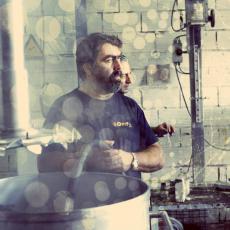
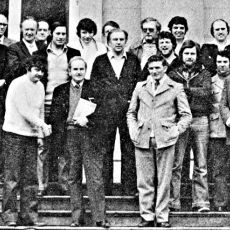
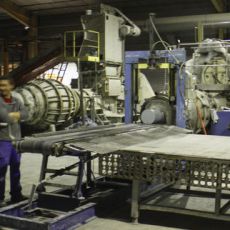
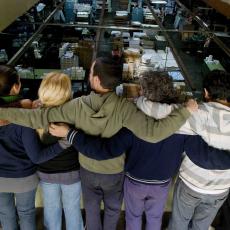
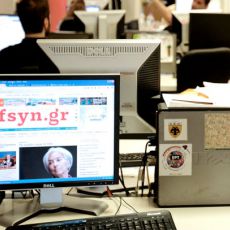
Comments
Post new comment